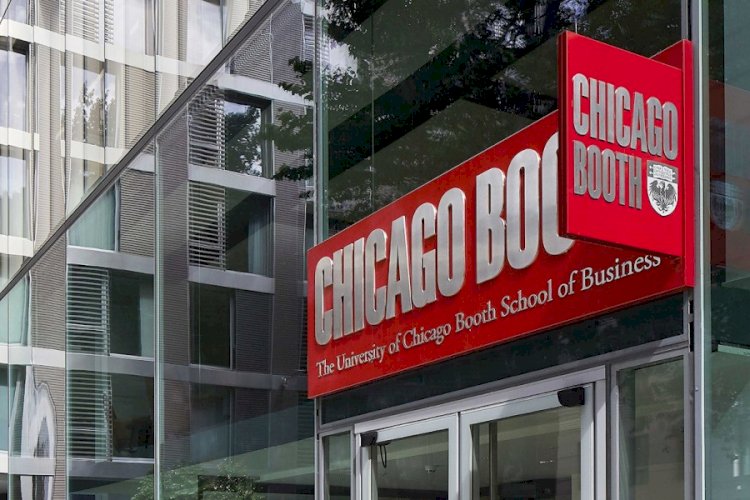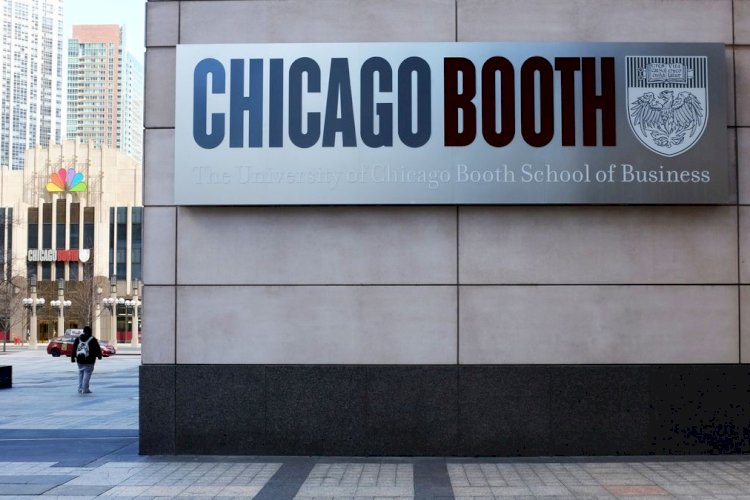
MBA candidates frequently express anxiety about the formality of admission to top-tier business schools, particularly in round 3. It is usually a last-ditch effort with a slim possibility of being accepted, and it's pretty challenging, particularly for international candidates. We can't decide for you, but we can give you the reality regarding MBA applications in round three.
This round is the most competitive one in MBA applications. Business schools have a few seats available and are eager to give them to you provided you submit a strong application. A few business schools will also require an additional essay on why you waited until round 3 to apply. Let us find out more detail about round 3 of the MBA application.
Why are MBA applications in round 3 so competitive?
Business schools have a limited number of seats available, and they are eager to offer them to people who can diversify and excel in their incoming class. Also, business schools will still require solid explanations from you for delaying and applying for round 3 MBA application at this point. They are not looking for candidates who are uninterested in their programs or who are not committed to getting an MBA at this time.
Candidates reapplying to other business schools after being rejected in Rounds 1 or 2 and do not wish to wait until the following year.
When it comes to Round 3 applications, how do top MBA programs look at them?
Unfortunately, by the time round 3 arrives, most of the class at any top MBA program has already been filled with candidates from previous rounds.
According to representatives at top MBA programs, schools are refining rather than growing their class in round three. It's highly likely that they've already accepted others like you, and as a result, the threshold for standing out is raised significantly. To be accepted is much more difficult for applicant profiles that are historically overrepresented.
Other Things to Think About When Applying for an MBA in round 3
While the MBA application procedure differs for each program, in round 3, scholarship money is often less available. For merit-based and need-based scholarships/fellowships, some schools consider all applicants regardless of the application round. Like Columbia Business School, others have a January deadline for scholarship and fellowship applications. Even if your institution distributes financial aid on a rolling basis, there is simply less money available for round 3 candidates because earlier applications are given precedence.
Separately, if you're an overseas applicant, waiting until round 3 may make visa procedures, housing arrangements, and other matters more difficult. To make the time work isn't impossible, but it will almost certainly be unpleasant.
Is it worthwhile to apply for an MBA program in round 3?
As the rounds go in an MBA application, the chances of being accepted drop. As a result, MBA round three acceptance rates are often lower than round one and round two. Similarly, grants and scholarships become more difficult to come by as the admissions process progresses. It all depends on the candidates, so this is not to say that you should not apply.
Also read: Top master's student grads eventually end up in finance or consulting. Why?
 MBA Center Global
MBA Center Global 
























